do you need to replace insulation after mice?
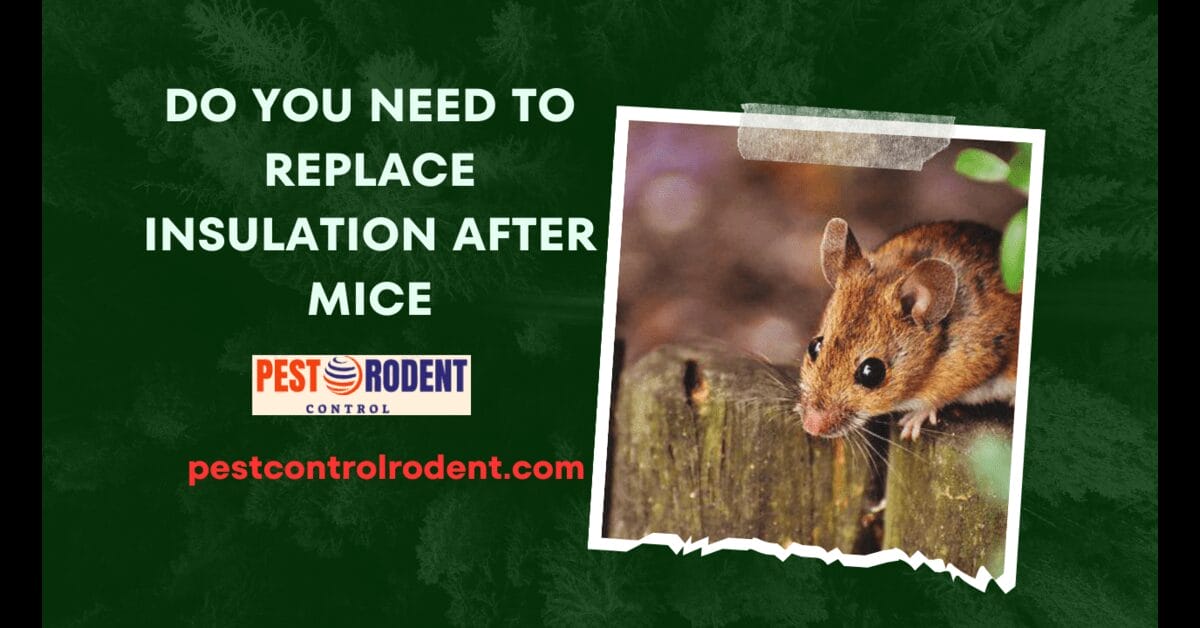
do you need to replace insulation after mice?
From tiny footprints scurrying across the floor to nibbled food packaging in the pantry, a mice infestation can disrupt the peace and comfort of your home. Beyond the visible signs of these unwelcome pests, their presence can also have hidden consequences for your home’s insulation. In this blog post, we’ll delve into the question many homeowners face: do you need to replace insulation after a mice infestation?
The Impact of Mice on Insulation
When mice invade your home, they don’t just confine themselves to the living areas. These resourceful rodents can find their way into the walls, attic, and crawl spaces, seeking refuge and nesting spots. Once inside these spaces, mice can wreak havoc on your insulation in several ways:
Damage to Insulation Materials
Mice, with their constant chewing habits, can damage insulation materials such as fiberglass, cellulose, or foam. They may shred or tear the insulation to create nesting materials, leading to compromised thermal performance.
Contamination
Beyond physical damage, mice can contaminate insulation with urine, feces, and dander. These biological contaminants not only pose health risks but can also create unpleasant odors that linger in your home.
Compromised Structural Integrity
In severe cases of infestation, the structural integrity of your home may be compromised. Mice can burrow through insulation, weaken support beams, and create entry points for other pests.
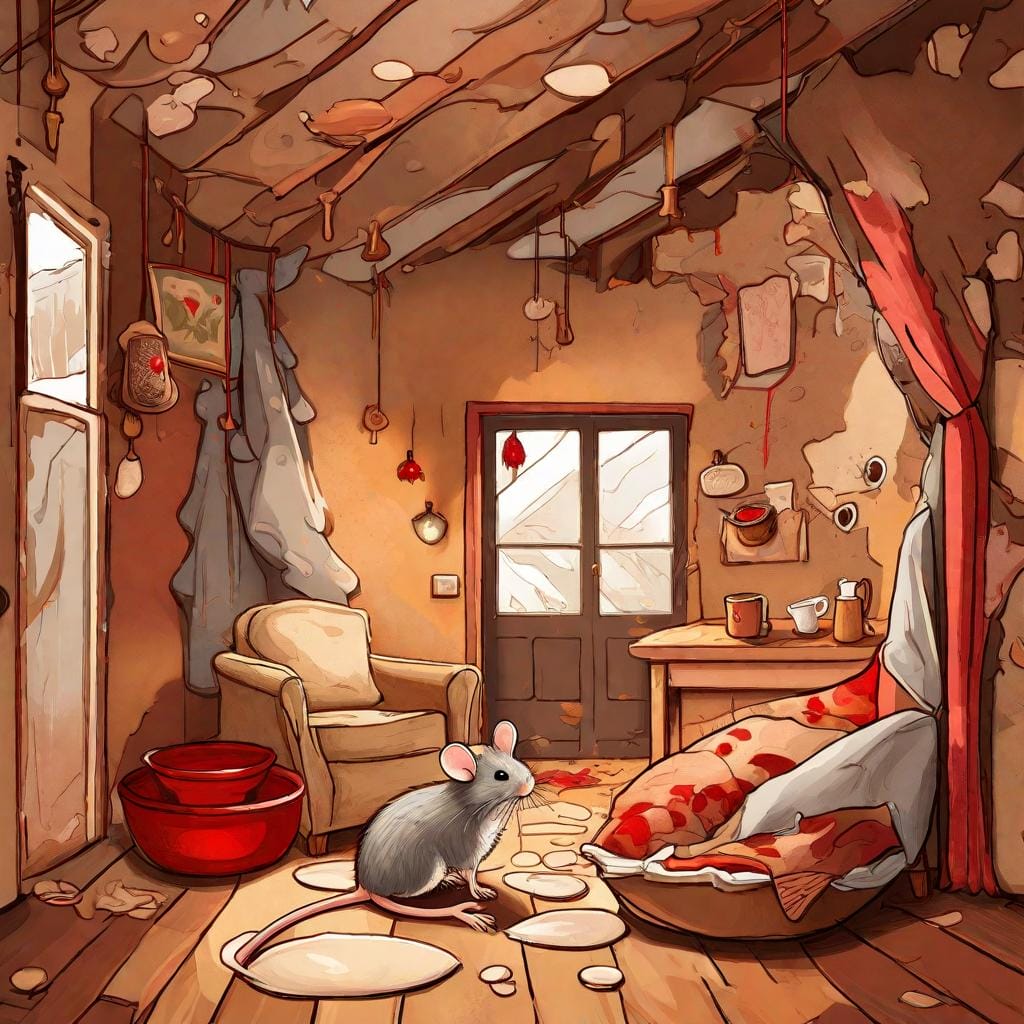
Signs That You Need to Replace Insulation
How can you tell if your insulation requires replacement after a mice infestation? Look out for the following signs that indicate damage or contamination:
- Foul Odors: Persistent musty or urine-like odors in certain areas of your home can be a tell-tale sign of contaminated insulation.
- Visible Damage: Inspect your insulation for signs of shredding, tearing, or staining caused by mice activity.
- Increased Energy Bills: If your heating or cooling costs have spiked unexpectedly, damaged insulation may be the culprit.
Steps to Take After a Mice Infestation
If you’ve had a mice infestation in your home, it’s crucial to take prompt action to mitigate the damage and prevent future occurrences. Here are some steps to consider:
Clean and Disinfect
Start by thoroughly cleaning and disinfecting the affected areas. Remove any nesting materials, droppings, and contaminated insulation to prevent health hazards.
Seal Entry Points
Identify and seal off any entry points that mice may have used to access your home. Remember that mice can squeeze through incredibly small openings, so a meticulous approach is necessary.
Consult a Professional
For severe infestations or extensive damage to insulation, it’s advisable to consult a pest control professional. They can assess the situation, recommend appropriate treatments, and provide guidance on insulation replacement.
Do You Need to Replace Insulation?
Whether or not you need to replace insulation after a mice infestation depends on the extent of damage and contamination. Here are some factors to consider:
- Degree of Damage: If your insulation has been severely compromised by mice activity, replacement may be necessary to restore its effectiveness.
- Health Concerns: Contaminated insulation can pose health risks, especially for individuals with respiratory issues or allergies. In such cases, replacing insulation is a priority.
- Age of Insulation: If your insulation is old or nearing the end of its lifespan, a mice infestation may accelerate the need for replacement.
Conclusion
In conclusion, addressing insulation issues after a mice infestation is vital for maintaining a healthy and efficient home environment. While minor damage may be repairable through spot treatments, significant damage or contamination may warrant insulation replacement. By taking proactive measures to clean, disinfect, and seal off entry points, you can prevent future infestations and safeguard your home’s insulation. Remember, a cozy and pest-free home starts with healthy insulation!

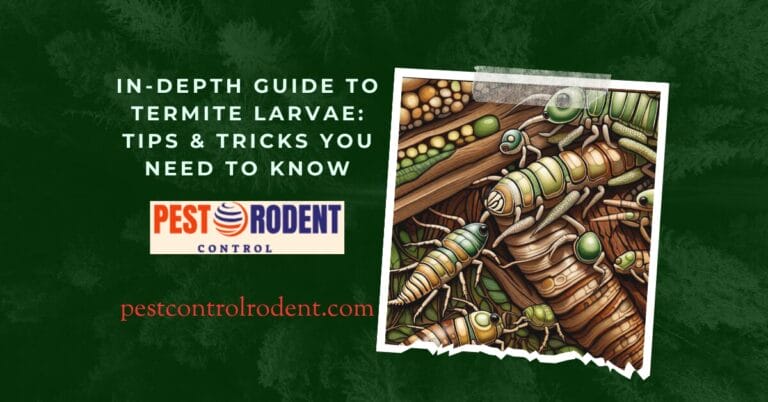
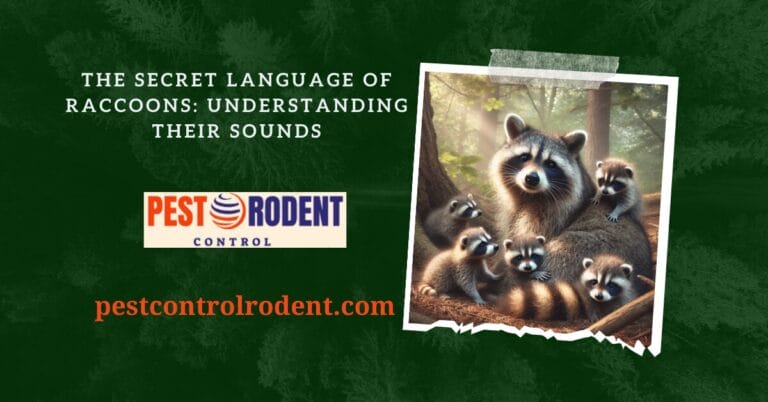

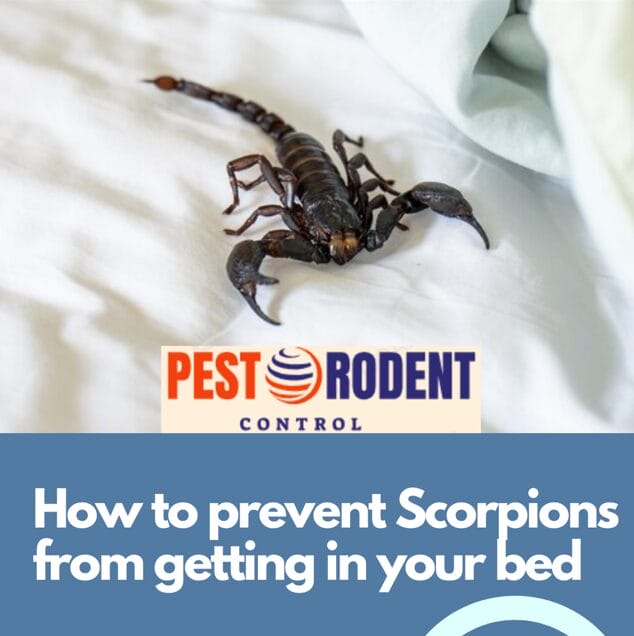
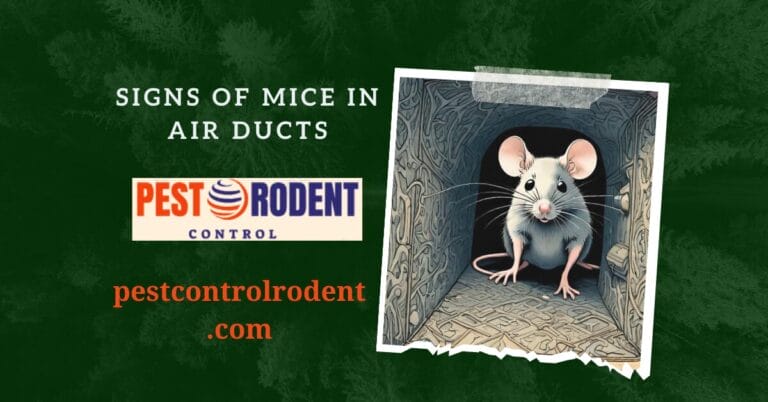
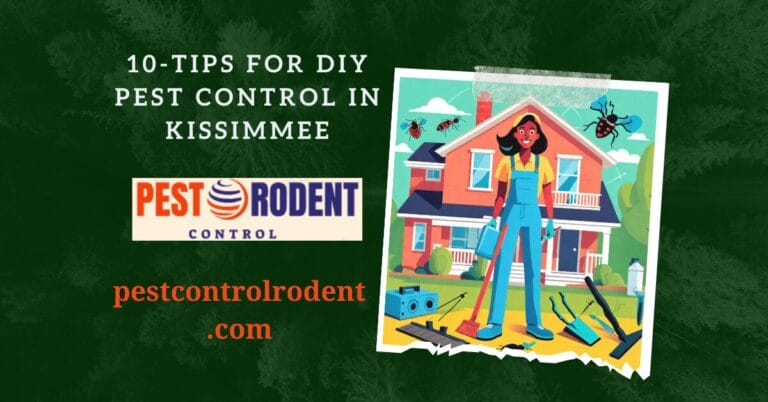
2 Comments